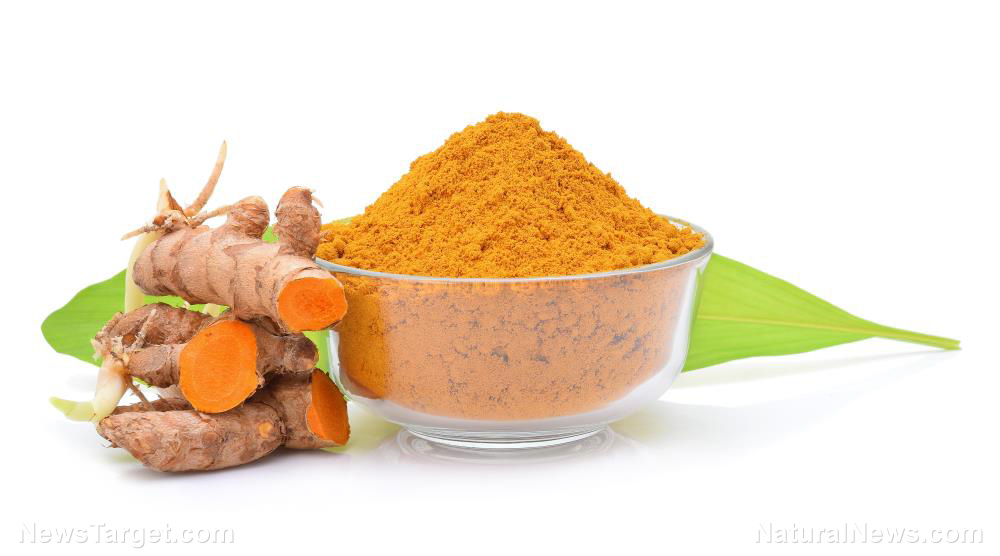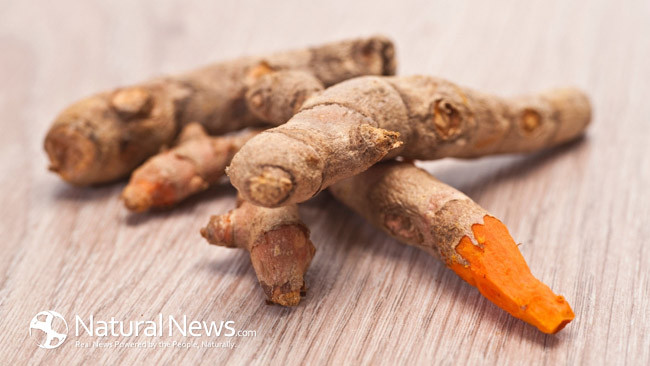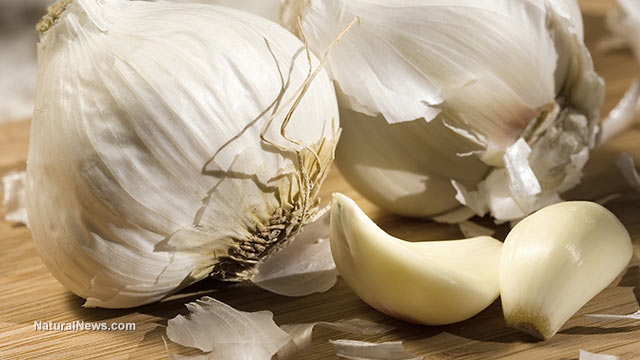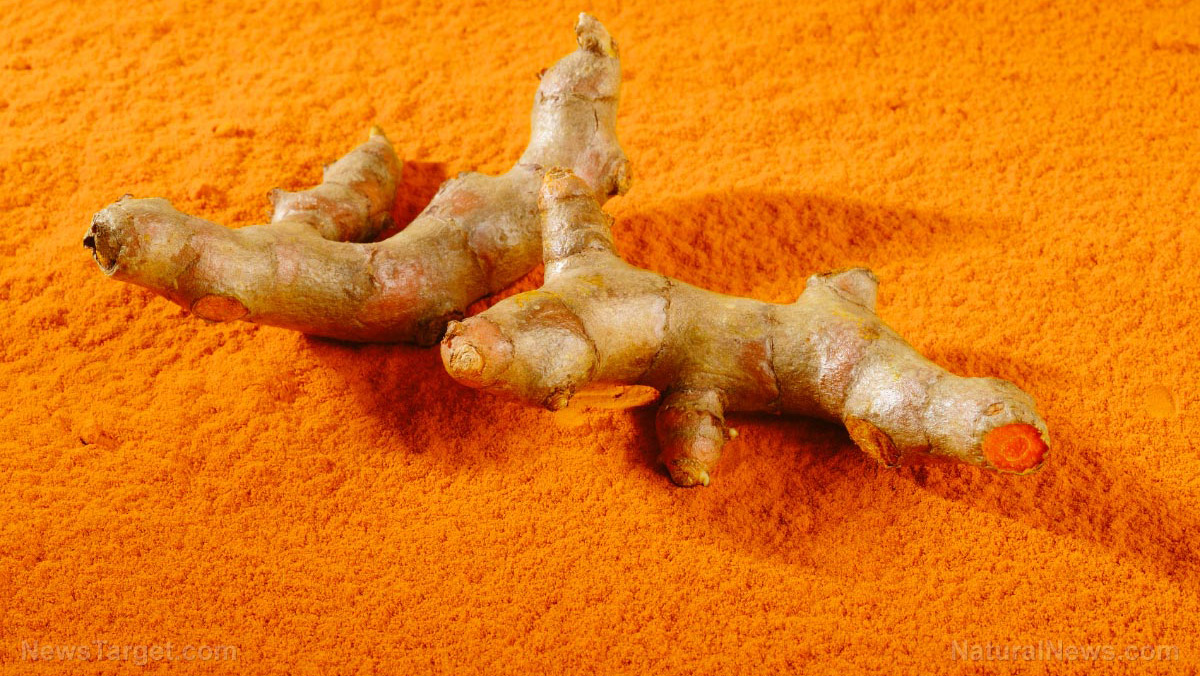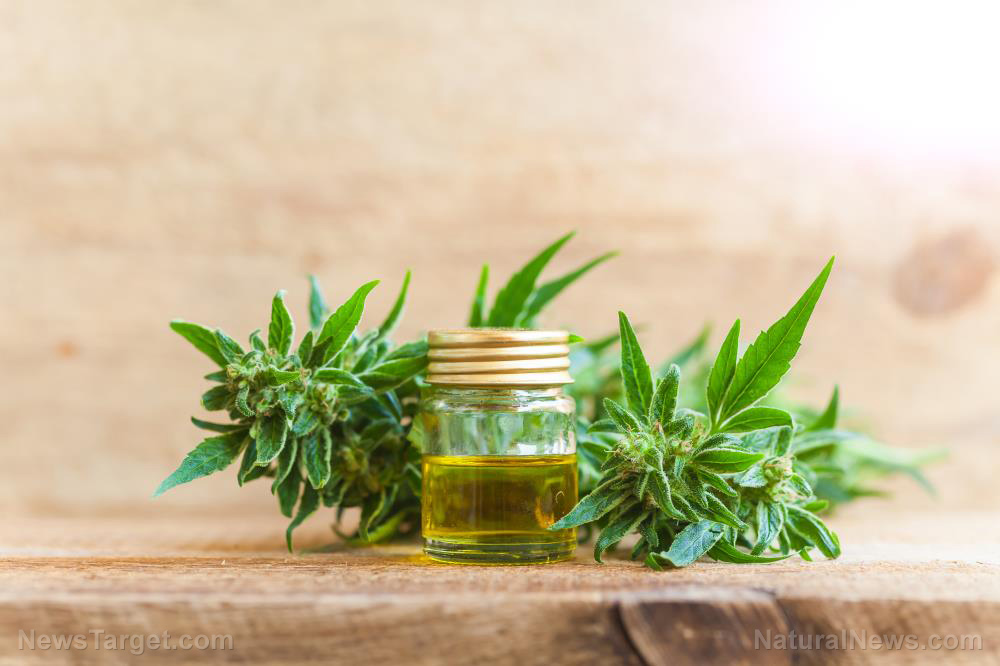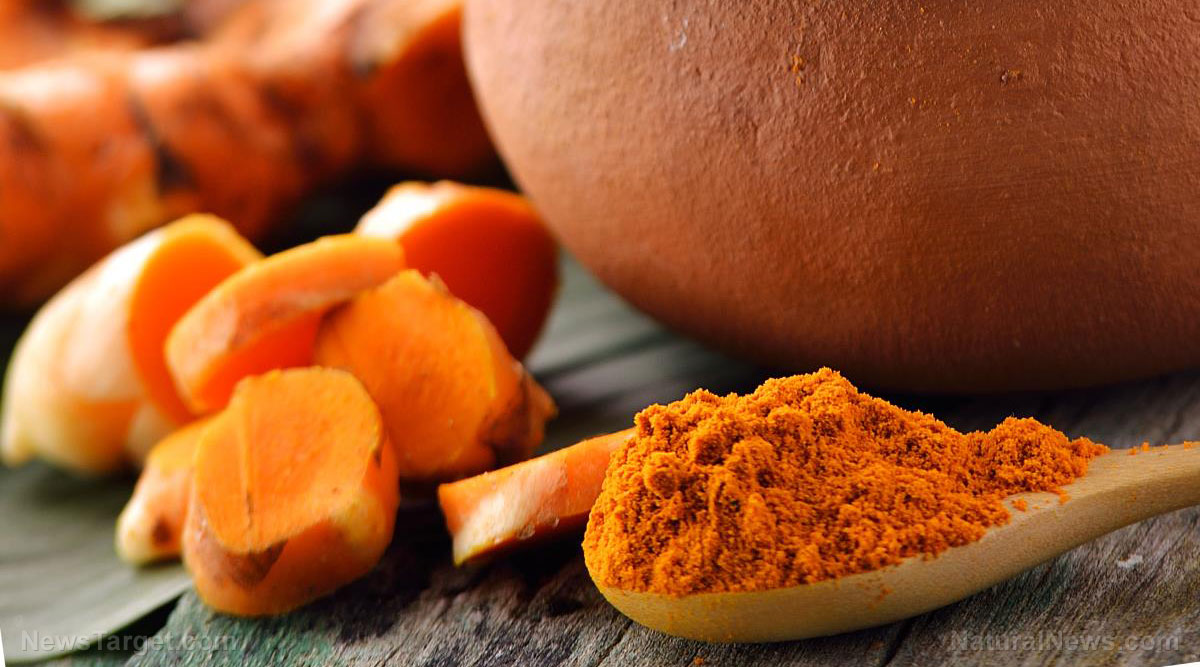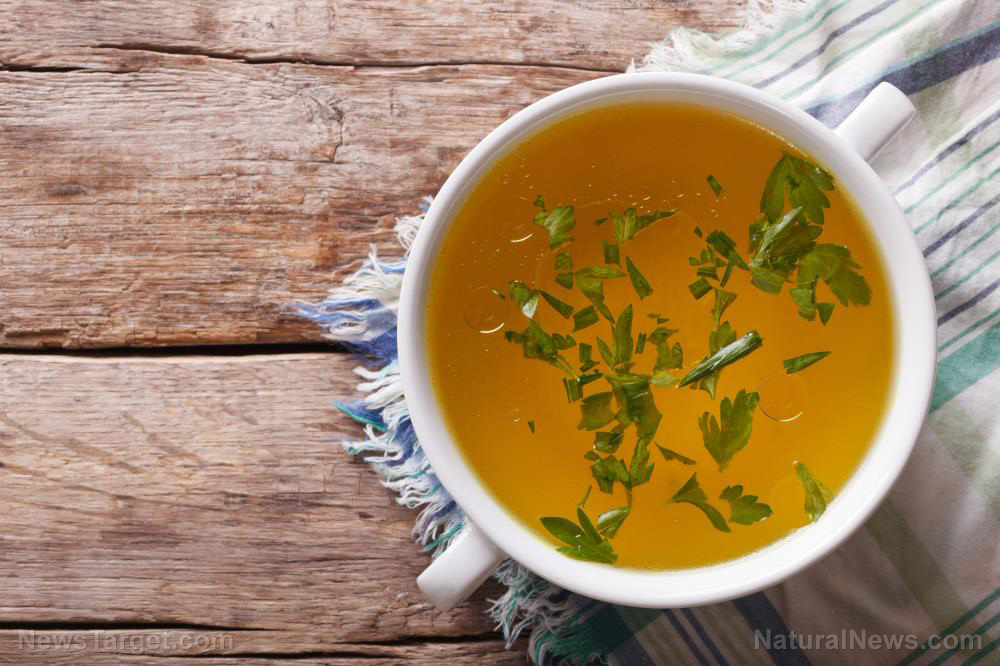Turmeric displays extraordinary antimicrobial activity
11/19/2018 / By Ellaine Castillo

Turmeric (Curcuma longa L.) is a widely utilized plant for culinary and medicinal purposes. Although most people are familiar with the benefits of its rhizomes, it is possible that other parts of the plant, such as the leaves, also have biological activities. A study conducted by Indian researchers, published in the Pharmacognosy Journal, showed that extracts from the leaves and rhizomes of turmeric have potent antimicrobial effects.
- Turmeric is a perennial plant that is a staple in Ayurveda, Unani, and Siddha medicine.
- The turmeric rhizome, which has a brownish-yellow color, is commonly used in the kitchen as a food additive, preservative, and colorant. Moreover, it is also this part of the plant that is used for many religious rituals.
- Three major curcuminoid compounds are found in turmeric, namely, curcumin, demethoxycurcumin, and bisdemethoxycurcumin. Among these, the yellow pigment curcumin is the most abundant compound and is attributed for the many biological activities of turmeric.
- Pharmacological activities associated with turmeric rhizome include antibacterial, antidiabetic, antioxidant, anti-inflammatory, anticancer, antiallergic, antiprotozoal, insecticidal, and wound healing effects.
- In this study, the researchers collected extracts from the leaves and the rhizomes of turmeric and tested various concentrations of them (25, 50, 100, 150, 200, 250, and 300 mg/mL) against different bacterial species.
- They used two Gram-positive bacteria, namely Bacillus subtilis and Staphylococcus aureus, and two other Gram-negative bacteria, specifically Pseudomonas aeruginosa and Klebsiella pneumoniae.
The results of the study showed that leaf and rhizome extracts have potent antimicrobial activity against P. aeruginosa and B. subtilis. However, both extracts were not effective against K. pneumoniae while only rhizome extracts killed S. aureus. The researchers also observed that the rhizome extract had more potent antimicrobial activity than leaf extracts.
Read the full text of the study at this link. [PDF]
For more articles about the different uses of turmeric, visit Turmeric.news.
Journal Reference:
Singh N, Gupta S, Rathore V. COMPARATIVE ANTIMICROBIAL STUDY OF ETHANOLIC EXTRACT OF LEAF AND RHIZOME OF CURCUMA LONGA LINN. Pharmacognosy Journal. February 2017;9(2):208–212. DOI: 10.5530/pj.2017.2.35
Submit a correction >>
Tagged Under:
antibacterial, Antimicrobial, Bacillus subtilis, bacteria, curcumin, Gram-negative bacteria, gram-positive bacteria, Klebsiella pneumoniae, Pseudomonas aeruginosa, Staphylococcus aureus, turmeric, turmeric leaves, turmeric rhizomes
This article may contain statements that reflect the opinion of the author
RECENT NEWS & ARTICLES
COPYRIGHT © 2017 TURMERIC NEWS

